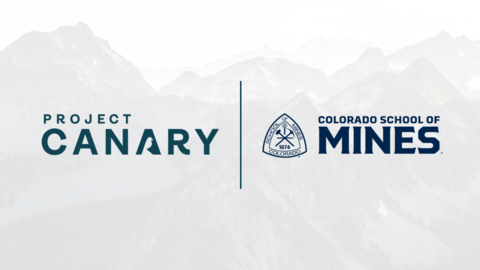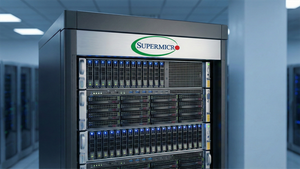The project is the first-of-its-kind in-depth performance evaluation of open-source and proprietary methane emissions quantification models on Natural Gas Production Sites
Project Canary, a climate tech company focused on enterprise emissions data management, and Colorado School of Mines (Mines) today announced their collaboration to evaluate the performance of models for methane emission flux rate estimation on natural gas production sites using single-blind controlled release data.
This press release features multimedia. View the full release here: https://www.businesswire.com/news/home/20240807417505/en/

The project is the first-of-its-kind evaluation of methane emissions quantification models on Natural Gas Production Sites. (Graphic: Business Wire)
Project Canary’s emissions detection, localization, and quantification algorithms have been developed from knowledge gained from over a year of controlled release testing and working with 500+ operators to quantify emissions at oil and gas production and midstream facilities.
Separately, Mines’ Dr. Dorit Hammerling and her team have developed an open-source modular framework that uses concentration and wind data from point-in-space continuous monitoring systems to detect, localize, and quantify methane emissions. Comparing the two models' performance using single-blind controlled release data helps expand knowledge of emissions quantification and its existing challenges to advance the state of emission event characterization and total site emissions quantification.
This study will include two sets of single-blind controlled release data; (i) collected at the Colorado State University’s Methane Emissions Technology Evaluation Center (METEC) facility as part of the 2024 Advancing Development of Emissions Detection campaign (2024 ADED), and (ii) complex controlled release testing that better simulates "operational" emissions in addition to "leaks". Project Canary committed to sharing the single-blind controlled release testing results as well as its single-blind emission rate quantification and event source characterization results with Mines. In addition to source emission rate quantification, this study will also look into the performance of models for total site-level emissions estimation as well as simulation of short-duration releases to mimic a wide range of operational emission events.
This project is the first-of-its-kind in-depth performance evaluation of open-source and proprietary models. The initiative hopes to set the stage for the validation of both open-source and proprietary models, which is crucial to ensuring transparency and inspiring the development of tools that reduce greenhouse gas emissions by both the public and private sectors.
After the project is completed, partners intend to publish a peer-reviewed journal paper that includes the general framework of the two models, the results of the comparative study, and lessons learned on the capabilities and challenges of the two models.
“As an academic institution, our goal is to advance science and in my research group, we are particularly focused on developing and contributing to solutions to the critical issue of climate change,” said Dr. Dorit Hammerling, Associate Professor at Mines. “We are excited to provide open-source analytical frameworks for methane emission quantification, that can serve as benchmarks for the innovative solutions coming from the private sector, and engage in comparative studies to further advance this area of research. Projects like this in-depth performance evaluation are critical to pinpoint aspects that need improvement and an important step towards credible and accurate analytical frameworks for methane emission quantification.”
“This collaboration will help prove out the extent of what’s possible related to quantifying total site-level emissions using continuous monitoring point sensors, thereby paving the way for a more comprehensive understanding of methane emissions at operational oil and gas production sites across the United States and beyond,” said Will Foiles, Co-Founder and Chief Executive Officer of Project Canary. “We value the peer-review process as a key step in building transparency and credible emissions quantification.”
About Project Canary
Project Canary is a climate technology company offering an enterprise emissions data platform that helps energy companies improve and report on their emissions footprint. Project Canary builds high-fidelity sensors, ingests data from various other technologies and sources, and leverages proprietary analytics and models to deliver insights that operators can act on to reduce emissions. Project Canary’s end-to-end emissions data solution enables energy operators to stop leaks faster, reduce risk, streamline reporting, and differentiate their operations for key stakeholders.
View source version on businesswire.com: https://www.businesswire.com/news/home/20240807417505/en/
Contacts
Dr. Ali Lashgari, Senior Scientist, Project Canary
ali.lashgari@projectcanary.com
Dr. Dorit Hammerling, Associate Professor, Colorado School of Mines hammerling@mines.edu
Project Canary Media Inquiries
mediainquiries@projectcanary.com





